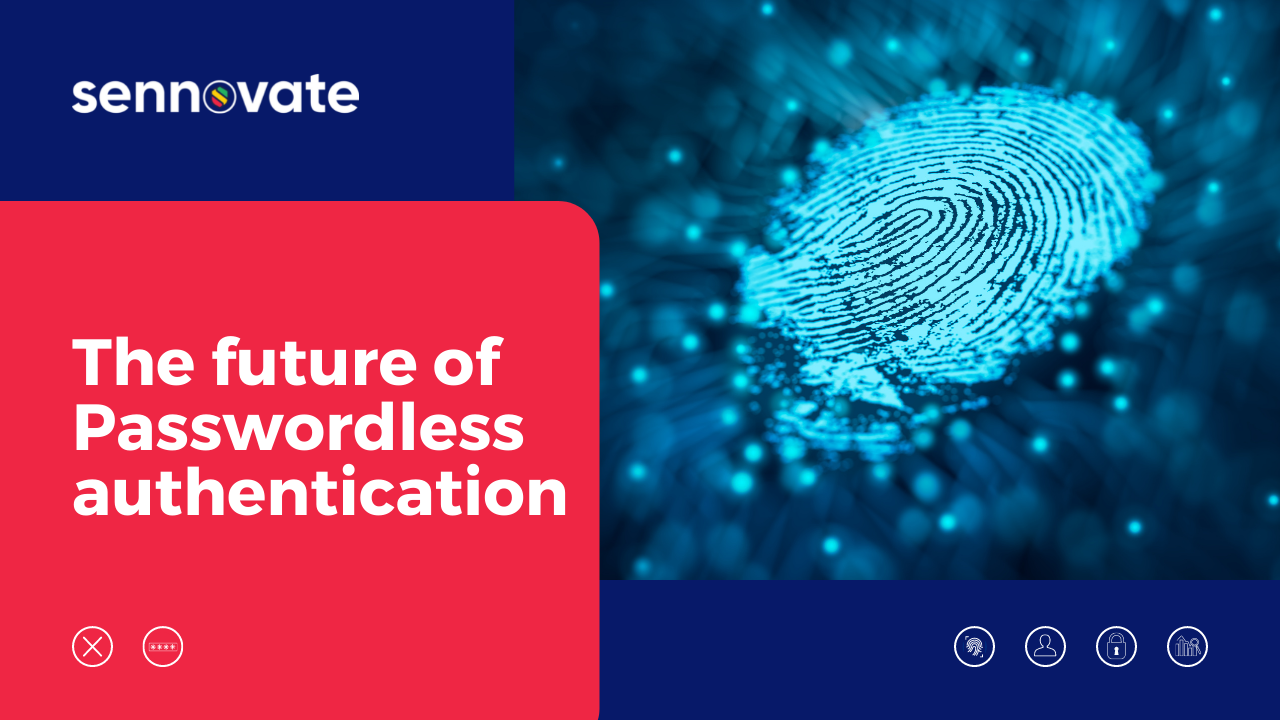
The future of Passwordless authentication
Passwords have always been a vulnerability to computer users, whether it’s for private or for business use cases. Passwords should be long and complex and hence hard to remember. They should also be unique per login and per website, making it extremely complicated to put into practice. In reality, a study found out that 60 to 90 percent of all successful hacks occur owing to weak passwords or phishing attacks. The solution is to get rid of passwords which is what we call passwordless login.
Why do we need passwordless authentication?
Analysts across the tech and security field predict that enterprises will shift to passwordless authentication for users to facilitate modern digital transformation. This trend follows the issues related to having a password system. Password systems are costly and burdensome to manage and results in poor user experience and are easily compromised. Passwordless authentication reduces or eliminates reliance on passwords and comes with a host of business benefits, like reduced IT time and costs, better user experience, and a stronger security posture.
Biometric authentication
We are moving towards a passwordless tomorrow, as most people already biometrics, such as fingerprint technology or facial recognition to access their device instead of a PIN. Apple and Android phone companies offer these options on their devices. Financial institutions have also begun to implement biometric technology. Biometric authentication combined with other forms of authentication can enhance the level of security provided.
This makes sure that if one authentication channel is compromised by a malicious party, there is another form of authentication that can still provide a barrier to prevent bad actors from gaining access. Using a combination of authentications methods is known as two-factor authentication (2FA) or multifactor authentication (MFA). According to Alex Weinert, Director of Identity Security at Microsoft, Multifactor authentication is the best method to secure an account making it 99.9 percent less likely to be compromised.
The steps to going passwordless:
- Identify use cases that can go passwordless
- Ensure strong authentication.
- Assign and centralize authentication workflows.
- Increase trust in the authentication.
- Provide a passwordless experience.
A password system is slow and vulnerable to potential attacks. An enterprise that only relies on a password system stands at a risk of facing attacks and having lower productivity compared to enterprises that implement passwordless authentication. With the shift to remote work, organizations will need to reassess security challenges within a new hybrid workforce. Passwordless authentication has the potential to provide convenient access and strengthened security that today’s organizations need to navigate this new environment. As a result in the coming years, we will see continued adoption of passwordless authentication models through the implementation of IAM solutions.
Have questions about finding an
Privileged Access Management consultant?
Call +1 (925) 918-6618 the consultation is free.
About Sennovate
Sennovate delivers custom identity and access management solutions to businesses around the world. With global partners and a library of 1000+ integrations, we implement world-class cybersecurity solutions that save your company time and money. We offer a seamless experience with integration across all cloud applications, and a single price for product, implementation, and support. Have questions? The consultation is always free. Email [email protected] or call us at: +1 (925) 918-6618
